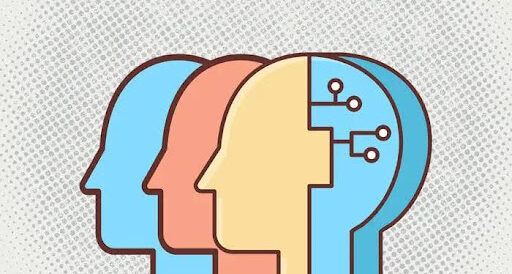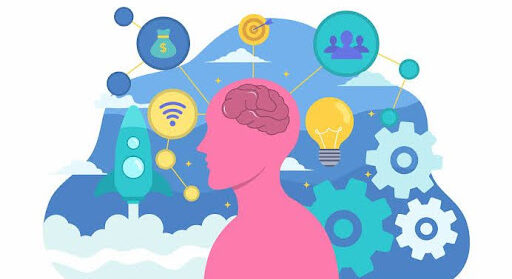Introduction
Emotional intelligence (EI) plays a crucial role in nurturing and maintaining healthy relationships. It involves recognising, understanding, and managing your own emotions, as well as empathising with others. Here’s why emotional intelligence is vital in relationships and how it can enhance your connections with others.

1. Enhances Communication
Emotional intelligence improves communication by helping individuals express their thoughts and feelings clearly and effectively. Understanding your own emotions allows you to articulate them better, while empathy helps you grasp how others feel, leading to more meaningful and productive conversations.
2. Strengthens Empathy
Empathy is a core component of emotional intelligence. It involves understanding and sharing the feelings of another person. By practicing empathy, you can connect on a deeper level, respond appropriately to your partner’s needs, and build stronger, more supportive relationships.
3. Improves Conflict Resolution
Conflict is a natural part of any relationship, but how you handle it can make a big difference. Emotional intelligence helps you manage your emotions during conflicts, stay calm, and approach disagreements constructively. By understanding and addressing the emotions behind a conflict, you can find mutually satisfying solutions and reduce the likelihood of escalating tensions.

4. Fosters Trust and Respect
Trust and respect are fundamental to any healthy relationship. Emotional intelligence promotes trust by encouraging open, honest communication and by demonstrating understanding and respect for your partner’s feelings. This mutual respect builds a foundation of trust and strengthens your relationship.
5. Encourages personal growth
Self-awareness, a key aspect of emotional intelligence, involves recognising your own emotions and their impact on your behaviour. This self-understanding promotes personal growth and helps you manage your reactions, leading to healthier interactions and more balanced relationships.
6. Supports emotional support
Being emotionally intelligent means you can better support your partner through difficult times. Understanding their emotions and responding with compassion and validation helps them feel heard and supported, reinforcing your bond and providing a stable foundation for the relationship.
7. Enhances relationship satisfaction
When both partners possess emotional intelligence, relationships are generally more satisfying. Partners who understand and manage their emotions effectively are more likely to experience positive interactions, reduce misunderstandings, and maintain a strong, loving connection.
8. Promotes Resilience
Emotional intelligence helps build resilience in relationships by equipping individuals to cope with challenges and setbacks. By managing stress and emotional reactions effectively, you and your partner can navigate difficult times together and emerge stronger.
9. Encourages Effective Feedback
Providing and receiving feedback constructively is easier with emotional intelligence. By understanding your partner’s emotional responses, you can offer feedback in a way that is supportive and non-threatening, fostering open communication and continuous improvement in the relationship.

10. Enhances Emotional Connection
Emotional intelligence deepens emotional connection by fostering understanding, empathy, and genuine interaction. This connection enriches your relationship, making it more fulfilling and resilient to challenges.
Conclusion
Emotional intelligence is a cornerstone of successful and fulfilling relationships. By developing and applying emotional intelligence, you can enhance communication, build trust, and foster a deeper connection with your partner. Investing in emotional intelligence not only improves your relationships but also contributes to personal growth and overall well-being.
Find Your Forever Partner!
Create your profile now and let us find your compatible partner.


